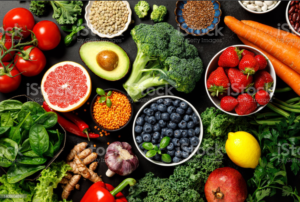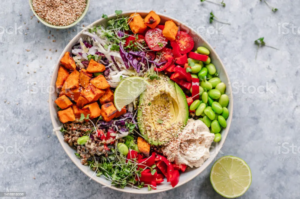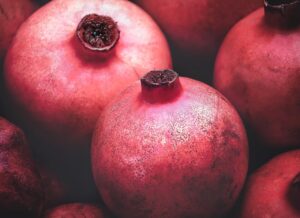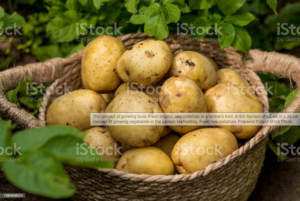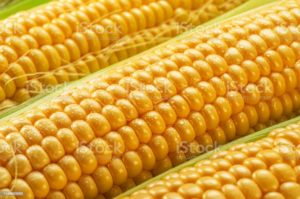The rainy season is a time of joy and celebration for many people. However, it can also be a time of increased risk for getting sick. This is because the wet weather can create ideal conditions for the spread of germs and diseases.
There are a number of things you can do to protect your health during the rainy season. Here are some tips:
- Drink plenty of fluids. Staying hydrated is important all year round, but it’s especially important during the rainy season. This is because the humid weather can make you sweat more, which can lead to dehydration. Dehydration can weaken your immune system, making you more susceptible to illness.
- Eat a healthy diet. Eating a healthy diet is essential for maintaining a strong immune system. Make sure to include plenty of fruits, vegetables, and whole grains in your diet. These foods are packed with vitamins, minerals, and antioxidants
- Get enough sleep. When you’re well-rested, your body is better able to fight off infection. Aim for 7-8 hours of sleep each night during the rainy season.
- Wash your hands often. This is one of the most important things you can do to prevent the spread of germs. Wash your hands with soap and water for at least 20 seconds, especially after using the bathroom, before eating, and after being around someone who is sick.
- Avoid contact with sick people. If you can, avoid contact with people who are sick. If you do come into contact with someone who is sick, wash your hands thoroughly afterwards.
- Use insect repellent. Mosquitoes are a major vector for disease during the rainy season. Use insect repellent that contains DEET or picaridin to protect yourself from mosquito bites.
- Avoid stagnant water. Stagnant water is a breeding ground for mosquitoes. If you have any stagnant water around your home, get rid of it.
- Clean and disinfect surfaces. Germs can live on surfaces for hours or even days. Clean and disinfect surfaces around your home regularly, especially in areas where people are likely to come into contact with them.
By following these tips, you can help protect your health during the rainy season.
In addition to these general tips, there are a number of other things you can do to boost your immune system and stay healthy during the rainy season.
- Taking probiotics. Probiotics are live bacteria that are good for your gut health. They can help to boost your immune system and protect you from infection.
- Eating foods rich in vitamin C. Vitamin C is an important nutrient for immune function. Good sources of vitamin C include citrus fruits, berries, and broccoli.
- Getting enough zinc. Zinc is another important nutrient for immune function. Good sources of zinc include red meat, poultry, and seafood.
- Exercising regularly. Exercise is not only good for your overall health, but it can also help to boost your immune system. Aim for at least 30 minutes of moderate-intensity exercise most days of the week.
By following these tips, you can help ensure that you stay healthy and enjoy the rainy season to the fullest.
- If you do get sick, see a doctor right away. Early treatment is important for getting better quickly and preventing complications.
- Keep your home clean and dry. This will help to discourage the growth of mold and mildew, which can cause respiratory problems.
- Avoid going out in the rain if you can. If you do go out, wear appropriate clothing and footwear to protect yourself from getting we
By following these tips, you can help protect your health and enjoy the rainy season safely and healthily.

